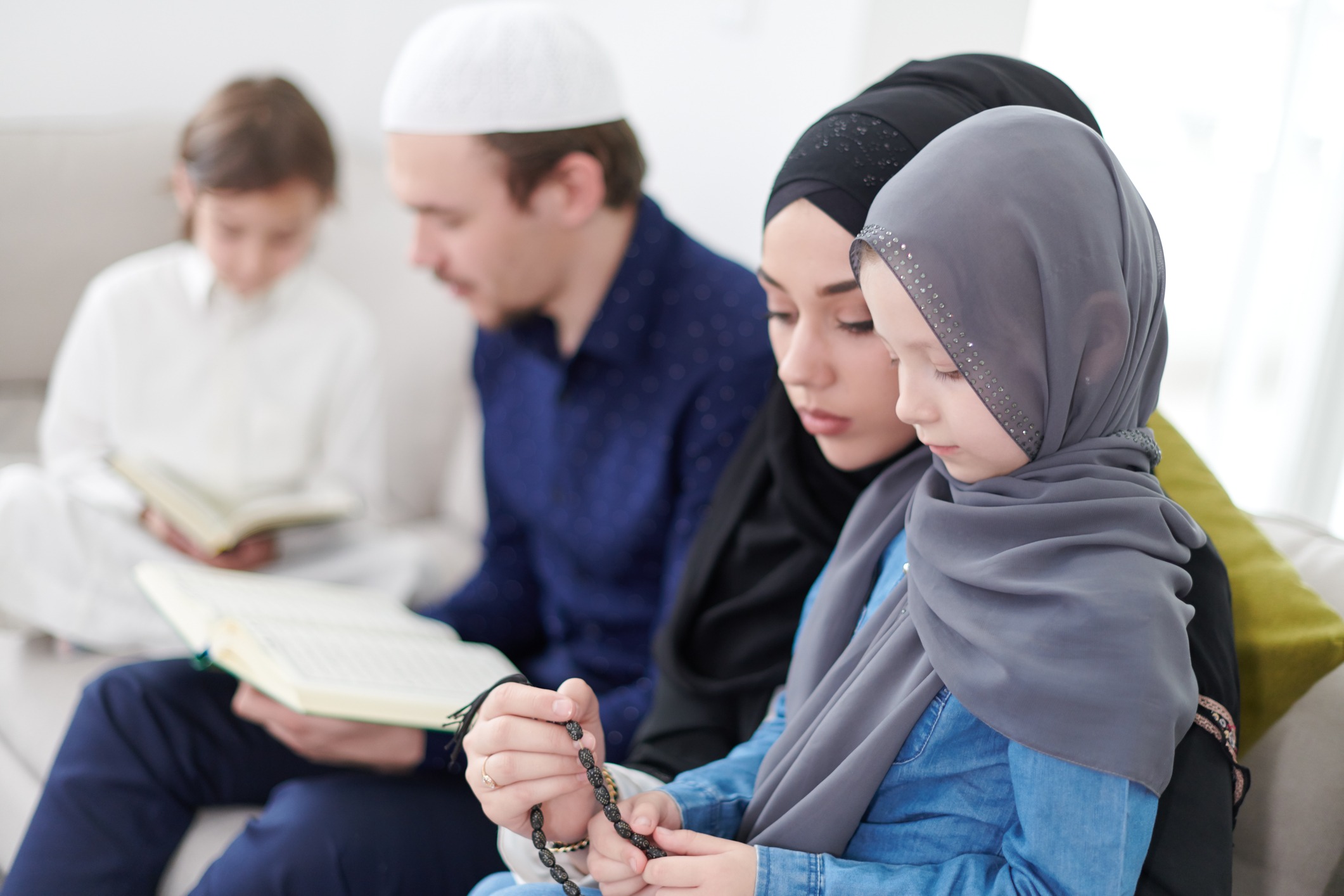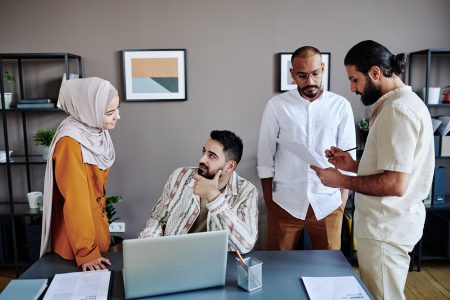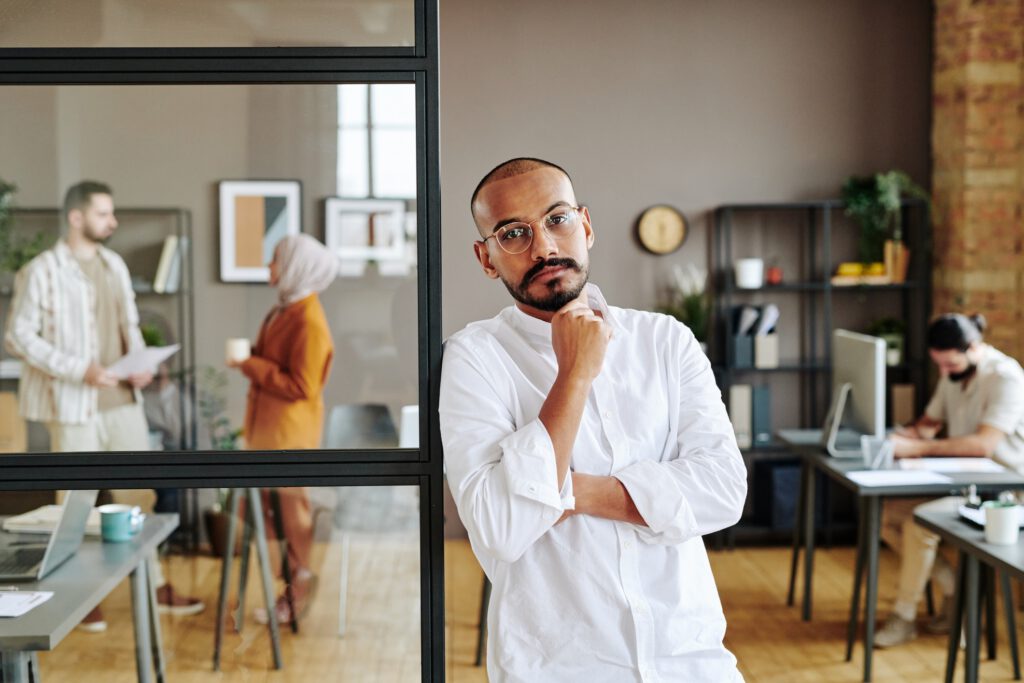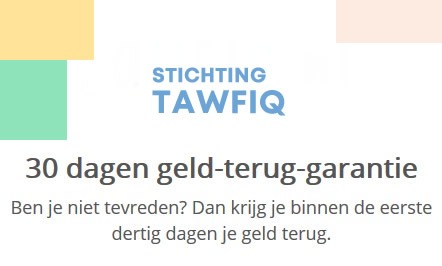-
Islamic knowledge, education and training
- How the Quran teaches respect for elders in Islamic education.
- Why it is important to honor and respect elders in Islamic culture.
- The consequences of not showing respect to elders according to the Quran and Hadith traditions.
- How to teach children to be respectful to their parents and other older relatives according to Islamic traditions.
- The various ways we can encourage our children to listen respectfully to their grandparents, teachers and other authority figures in accordance with the Islamic principles of respect and appreciation for their wisdom and life experience
“Respect the elderly, for they have the wisdom of generations!”
Respect for elders is an important part of Islamic education. Respect for elders is a fundamental principle in Islamic culture and is seen as a way to show love and appreciation for your family, community and religion. Respecting elders not only means following their advice, but also treating them with dignity. In this article we will look at the importance of respect for elders in Islamic education, how it can be applied in everyday situations and how it can help create a harmonious society.
How the Quran teaches respect for elders in Islamic education.
Respect for elders is an important part of Islamic education. The Quran teaches that it is important to treat the elderly with respect and follow their advice. The Quran states: “And you should treat your parents with great respect, even if one or both of them speak to you in their old age. And do not be angry with them, but always address them with love” (Quran 17:23).
The Quran further emphasizes that it is important to take good care of your parents, even if their age makes them vulnerable. It is written: “And when both (parents) come to you in their old age, do not say a word of contempt, nor be angry with them; but address them with words of love” (Quran 17:24).
The Quran further emphasizes that it is important to always listen to your parents' advice and take their advice to heart. It is written: “And let him who has twice your right [your mother] follow her counsel; and fear God” (Quran 2:83). This means that children should listen to what their parents say and take it into account in decisions they make.
It is clear from the Quran that respect for elders is a fundamental value in Islamic education. Children are taught to always listen to their advice, to take good care of them and never to speak to them angrily or rudely.
Why it is important to honor and respect elders in Islamic culture.
In Islamic culture it is important to honor and respect elders. Elderly people are a source of wisdom and experience, so it is important that we treat them with respect. The Quran says to honor parents, which means following their advice and respecting their wishes. It also states that you are not allowed to talk while they are talking or interrupt them while they are speaking. It is also important to treat them with respect by, for example, not being loud around them or not arguing with them. We can also express our appreciation for them by, for example, buying them gifts or spending time with them. By acting this way we show our appreciation for everything they have done to make our lives better and easier.
The consequences of not showing respect to elders according to the Quran and Hadith traditions.
The Quran and Hadith traditions emphasize the importance of respect for elders. If you are not respectful to the elderly, there can be several consequences. First, it can lead to loss of dignity and honor. Elderly people are seen as wise leaders who share their experience and knowledge with the younger generation, so not treating them with respect will undermine their dignity. Secondly, it can lead to loss of trust in society. If people are not respectful towards older people, it means that they do not value their experience and knowledge, which can lead to a lack of trust in society as a whole. Third, it can lead to a loss of community spirit. When people do not treat each other with respect, there is less motivation to contribute to the community or to help other members with problems or challenges they encounter.
How to teach children to be respectful to their parents and other older relatives according to Islamic traditions.
In Islamic tradition, it is important that children are respectful to their parents and other older relatives. This can be learned through a number of different ways.
First, parents should teach their children to show respect by showing them how to treat others respectfully. Parents can do this by showing exemplary behavior, such as using polite language and avoiding yelling or anger. Parents can also teach their children to be respectful by addressing them appropriately, for example with titles such as 'Sir' or 'Madam'.
Second, parents can teach their children about the value of family bonding and how to strengthen that bond by treating each other with respect. Children should be taught to always speak politely when speaking to family members and never to be impolite or rude.
Third, it is important that parents teach their children about the religious values institutionalized in Islam. The Qur'an is full of verses regarding how we should treat our elderly relatives: “And when you call your father or your mother to something that is not contrary to God's laws, then listen to them.” (Qur'an 17:23). By teaching these kinds of lessons to their children, you help them understand why we should always act respectfully towards our families.
Finally, simply spending a lot of time together as a spouse can help build greater bonding between families and help create real bonds between generations. By sitting together, talking, laughing, sharing memories, and so on, one can help create positive relationships between families.
The various ways we can encourage our children to listen respectfully to their grandparents, teachers and other authority figures in accordance with the Islamic principles of respect and appreciation for their wisdom and life experience
1. Give your children examples of how to treat authority figures respectfully. Show that you listen to their advice and appreciate their wisdom and life experience.
2. Talk to your children about the Islamic principles of respect and appreciation for others, including grandparents, teachers and other authority figures. Explain that it is important to listen to what they have to say because they have more experience than younger people.
3. Compliment your child when he or she treats authority figures respectfully or listens carefully to them. This can help reinforce positive behavior patterns that are encouraged by the Islamic principles of respect and appreciation for others.
4. Make time to talk with your child about what is said by authority figures such as grandparents or teachers, so that they understand what is meant when they hear something that does not conform to the Islamic principles of respect and appreciation for others. This way they can better understand how to respond to such situations in a way that fits within these principles. The importance of respect for elders in Islamic education is undeniable. Elders are seen as a source of wisdom and experience, and it is important that children learn to treat them with respect. Respect for elders is a fundamental part of Islamic education, through which children learn to treat their parents, grandparents and other adults with respect. This helps create a harmonious society where each generation treats each other with respect.







